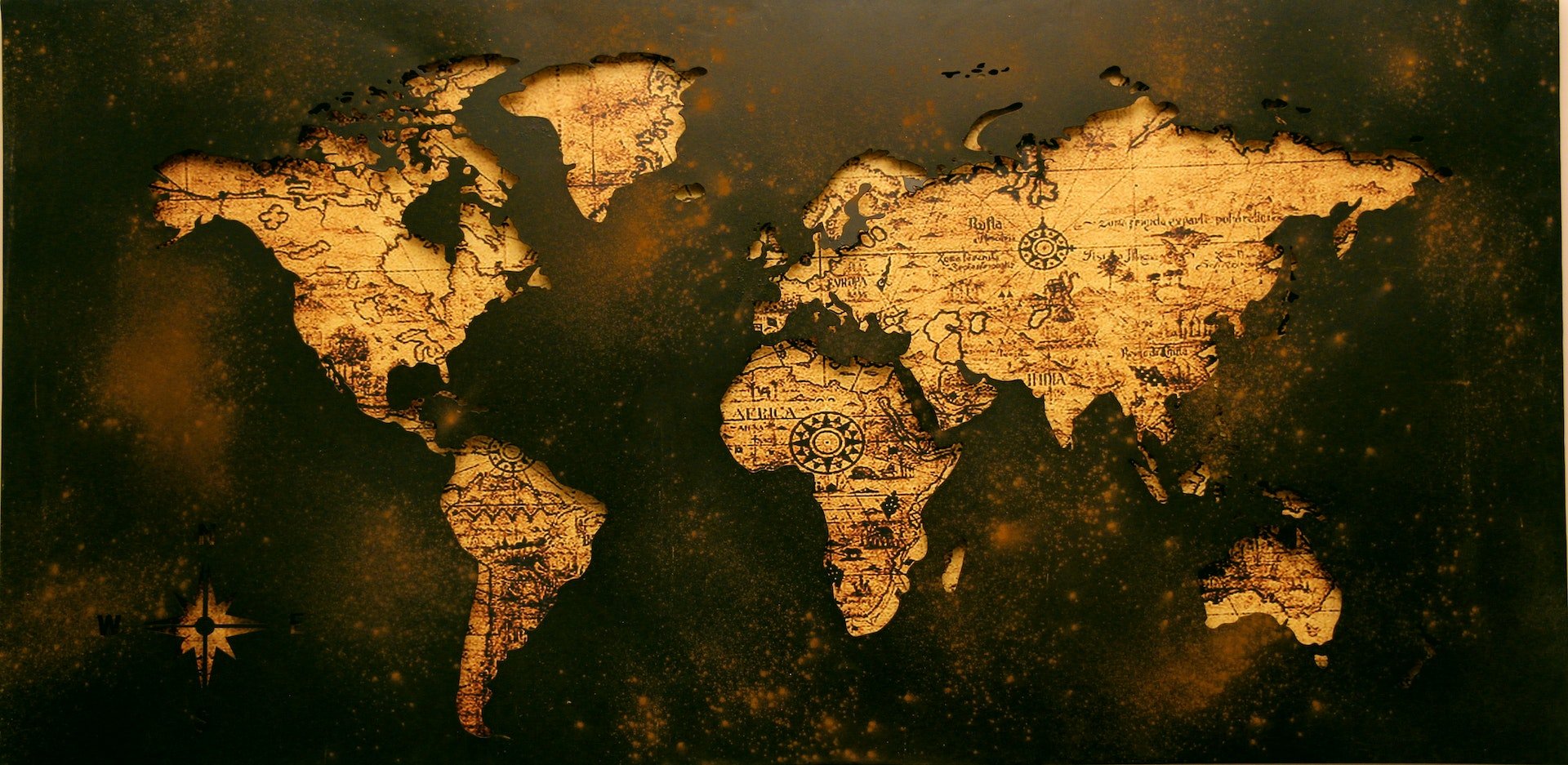Most of the rest of the world is where billions of people live. The majority of the world's population isn't centered in one geographic location but is tied together in some ways.
In some circles, this is called the two-thirds world. In times past, it was termed—underdeveloped, developing, second and third world. World missions organizations now use the term majority world.
I use the acronym MOTROW for Most Of The Rest Of the World. This includes what once were called second and third world nations but also other nations and people groups.
Who is MOTROW?
What nations does MOTROW include? It's easier to say what (or who) MOTROW doesn't include—the USA, Canada, Australia, England. Even that list is too broad for what I mean by MOTROW, so let me narrow it down.
First of all, nations, as the Bible describes them, are called people groups—people with a distinct culture and language (or dialect) regardless of geographic location or politics.
Thousands of people groups are scattered throughout the world, ranging in population from several thousands to a few million people. You can see a list of people groups on the Joshua Project website for a complete index.
Over 40% of all the people groups in the world are considered unreached with the Gospel, having no Christian witness or community among them.
Worldviews
A real distinction of MOTROW is how the rest of the world is seen, called a worldview. That is, how people of MOTROW view the world around them.
MOTROW primarily consists of non-western cultures. By non-western I mean how people think, interact with others, and live out their lives. This has to do with priorities and values, not geography.
Americans and other similar western cultures focus on time and tasks—getting a job done and using time efficiently. As the expression goes, "Time is money!".
MOTROW is focused on people and events. Events are important because of the people involved or celebrated in the events. These can be personalized events like birthdays and anniversaries, or community-wide events like festivals.
For example—in America, a wedding is typically focused on the couple being married, the venue, the style or theme of the wedding, and so on—in MOTROW, the couple is important, but so are family and friends.
My first glimpse of this was in the Philippines after a wedding ceremony I officiated. On the wedding night, following the ceremony and reception, many close friends hung around with the bride and groom in their bridal suite (cottage) till late in the evening.
In America, the newly wedded couple can hardly wait to get away from everyone to go on a honeymoon. Anniversaries, in a similar way, aren't celebrated by the couple alone, but with family and friends.
Here's an important distinction—MOTROW is more concerned with community than individuality.
Thought processes and values
Another distinction of MOTROW is how thought processes connect to life.
In America, we tend to be more concerned with the destination than the journey itself. We, along with most western-oriented cultures, tend to think in a straight line, with an analytical thought process.
This is both a great strength and weakness. Others from around the world (MOTROW) come to America and enroll in our schools to learn this capacity. It can be quite valuable.
But this linear and analytical process is a weakness when important life realities are neglected. Relationships, quality of life, creativity, inspiration, peace of mind and heart, and spiritual needs often suffer for what is deemed more important.
Once again, other people are elevated over tasks in MOTROW.
Coming to a town near you!
So, how does this relate to anyone, especially in America? A couple things come to mind.
MOTROW has been moving into the good ol' US of A for the past few decades. Many people groups live in communities (usually urban areas) and are often isolated and bewildered by American culture.
Thankfully, some churches and communities reach out to them, but not nearly enough to meet these needs.
Great opportunities
Great opportunities for reaching the world (various people groups) with the gospel exist right here in the US. Many people and ministries are starting to reach out to them.
Another interesting development is how other nations are sending missionaries to reach the unreached in America. Not long ago I reviewed a book that gives some great insight into this.
Secondly, most Americans are oblivious to MOTROW because of ignorance of world geography and other cultures and people groups.
Our news about the outside world is limited, edited, and almost non-existent. The internet has helped, but only if you're looking for world news. Even then, it's still pretty limited.
Reading and hearing the news outside the US is quite different. Political and cultural views of the world and America are from a different worldview, which stands to reason. It gives anyone willing to consider it an opportunity to see things differently.
Connect, engage, change, and expand
So, look around wherever you live. There's likely a people group or two from MOTROW near you.
Have you already recognized people from MOTROW around you?
Have you had any interaction with them?
If you're not ready to reach out or help them in some direct way, start praying for them, learn about them. A couple of places you can look are—the Joshua Project website and People Groups site. Another helpful site is Global Research.
When you engage them, your perspective on life and the world will change and your worldview will expand!
Here are a couple other resources that might be of interest regarding world population growth—








